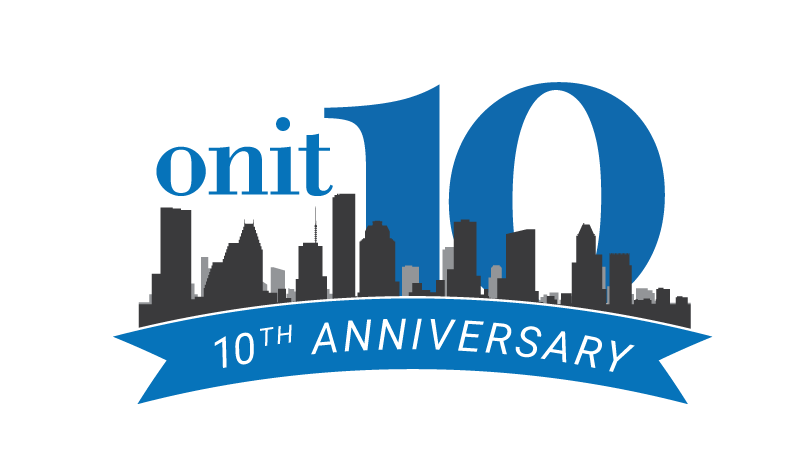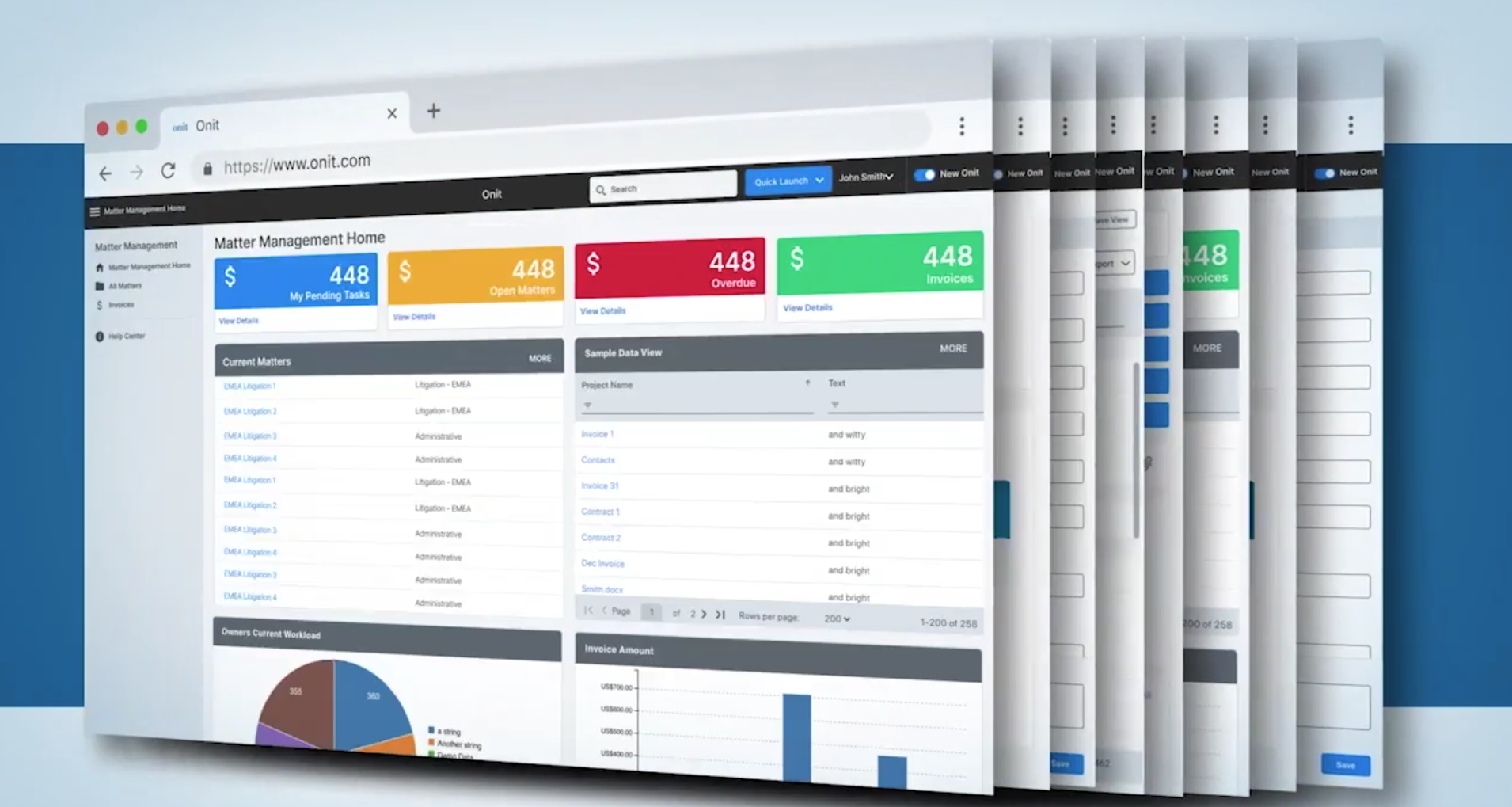
eBillers facilitate payment for legal services. They’re great at paying legal bills but were not built to support data analytics – forget actionable insights.
Bodhala is not an eBiller. Bodhala is purpose-built for legal spend analytics to deliver strategic insights and actionable benchmarks so you can better manage your firms and optimize your spend.
But here’s the headline: You save more with both.
The Bodhala Difference: Hercules
eBiller data is very raw – unstructured, chaotic, and impossible to use for accurate comparisons and analysis.
Bodhala’s proprietary machine-learning engine, Hercules, automatically cleanses and organizes your data, filling in gaps and creating alignment across your entire spend.
The result is a clean, apples-to-apples data set that can then be augmented with engineered and 3rd party data to deliver everything from internal and market benchmarking to RFP optimization.
Future-Facing Insights
eBillers use historical data to impact how you pay invoices. Bodhala uses historical data, along with machine learning and 3rd party data to deliver actionable insights and a holistic view of your legal spend.
From optimizing your rate negotiations to firm selection and management, Bodhala’s actionable insights help you shape the future of your firm relationships with informed, strategic decisions.
Granular, Apples-to-Apples Analysis
A restructured, easy to analyze data set means you can compare anything from staffing and partner hours to rates and diversity across firms, practice areas and matter-types.
Bodhala also lets you deep dive and compare individual matters, timekeepers, and even do task cost analysis – unlike your eBiller.
Benchmark Against the Market
Bodhala’s Hercules engine uses machine learning and 3rd party data to benchmark your firms against relevant competitors for similar types of work,. The result is truly valuable ammunition to start rate negotiations with your existing firms or make informed decisions on new firms for your panel.
eBillers also don’t leverage 3rd party data or machine learning, leaving you without any true market intelligence.
ROI Calculation
Without a sophisticated rate tracking system, eBillers can’t project how a rate change will impact your overall spend.
Bodhala’s comprehensive rate tracking system and Savings Calculator accurately projects how broad rate card changes, as well as how minor changes impact your spend. Don’t be afraid to get granular – even an associate rate at a specific firm in a specific practice area can have a significant impact.
Improve Processes & Outcomes
Bodhala not only streamlines the RFP process for rate cards and individual matters. We also help you optimize the outcome.
By providing you with key metrics to inform your decision-making process, Bodhala is a critical partner for effectively selecting and managing outside counsel.
Invoice Review vs Guidelines Analysis
eBillers do simple invoice review, helping identify rate inconsistencies and block billing.
Bodhala takes a holistic look at your guidelines and can identify the simple inconsistencies, as well as an extensive set of other guideline issues from overstaffing meetings to excessive partner hours.
—
Get in touch with our team of legal billing and data experts to find out how Bodhala can transform your legal department.





 Reinventing Legal Tech
Reinventing Legal Tech From Startup to Scale-Up
From Startup to Scale-Up Despite the pandemic, we continue to be one of the fastest-growing tech companies in the Houston area. While others resorted to layoffs, we increased our headcount by 22% and grew revenue by 36% in 2020.
Despite the pandemic, we continue to be one of the fastest-growing tech companies in the Houston area. While others resorted to layoffs, we increased our headcount by 22% and grew revenue by 36% in 2020.






